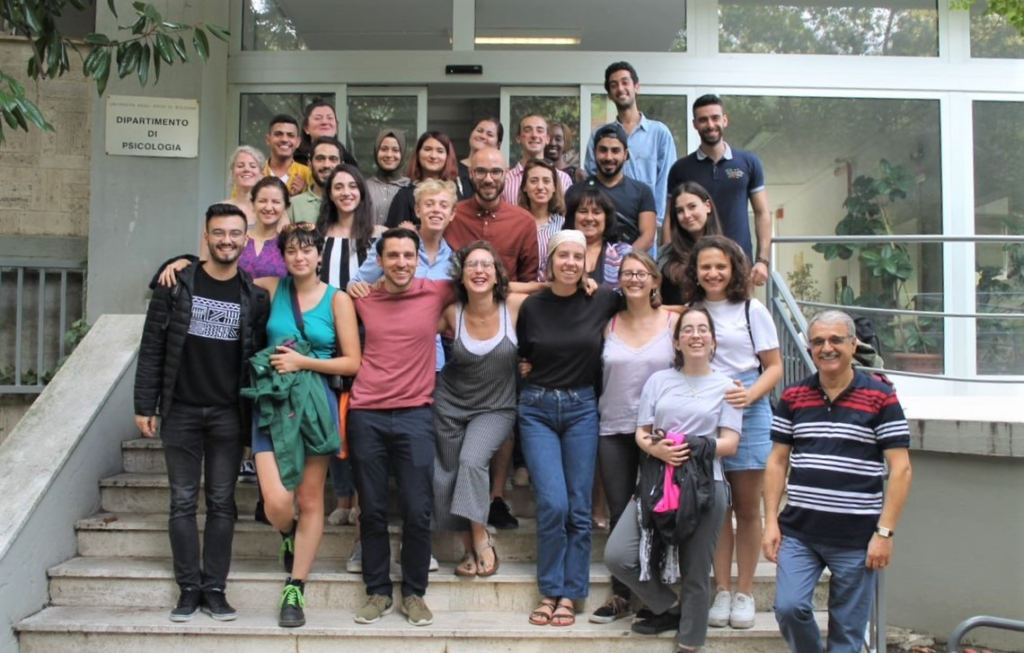
Three boot camps were organized in Rotterdam, Istanbul, and Bologna, designed in topics crucial to peacebuilding e.g. intergroup contact, stereotypes and prejudices, social inclusion, inequality and social justice, European citizenship, project cycle management and so on. The Peace Envoys have been assigned the task of creating peace dialogue students’ clubs in their home universities, which will finally become a “Peace Dialogue Campus Network”, recruit and pass on their knowledge to other students to become peacemakers, and implement their own inclusion projects on their campuses and/or in their cities. Their projects in Istanbul, Gaziantep, Bologna, Berlin and Rotterdam have all been successful, with most of them reaching out beyond the borders of the university campuses.
Best Practice Competition
The Peace Envoys are responsible for creating student clubs at their universities, and developing their own social inclusion projects as activities of these clubs. At the end of their first project cycles, each group sent a comprehensive final report that included a comprehensive activity report with the project results. The PEACEMAKERS Project’s steering committee members then evaluated all the projects based on a set of certain selection criteria; viability, innovativeness, inclusiveness, impactfulness, sustainability, dissemination, and report quality. Since all the SC members had also guided and mentored their own students during the project cycle, we made sure each member evaluated only the groups of the other partners to ensure objective evaluation. At the end of the evaluation process, the Peace Envoys from the University of Bologna were selected as the winner of the competition.
Through their efforts, all of the Peace Envoys from all partner universities have created positive change in their environments to some extent, and they are determined to take it further even after the lifespan of the PEACEMAKERS project. The PEACEMAKERS project has fulfilled its main purpose and served for the betterment of this world.
